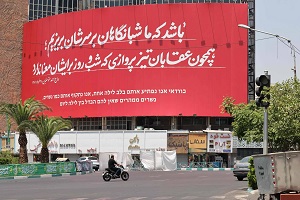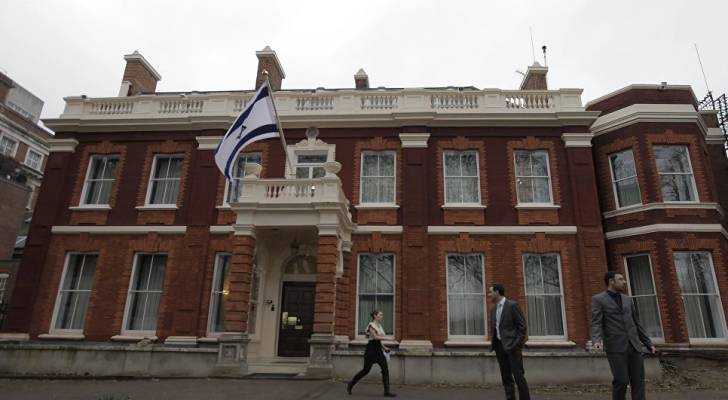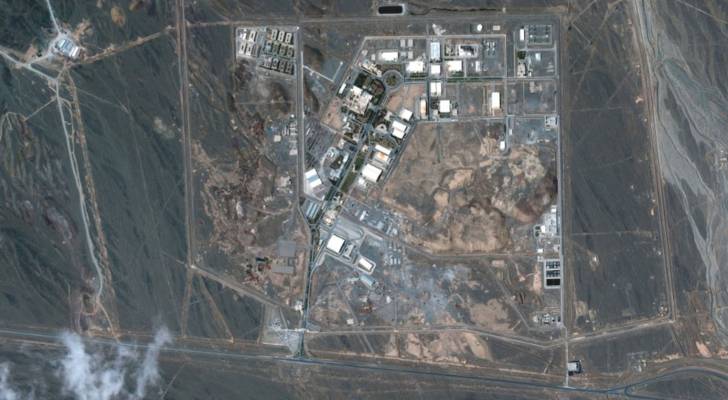ACI issues 14,078 certificates of origin within 5 months
The Jordan Times
AMMAN — The Amman Chamber of Commerce (ACC) on Tuesday announced that the number of issued certificates of origin, during the first five months of this year, to export goods and commodities to Arab and foreign countries, increased by 12.1 per cent, compared with the same period last year.
The number of certificates of origin issued by the ACC increased during the January-May period of this year to 14,078, compared with 12,563 certificates for the same period last year, according to statistical data obtained by the Jordan News Agency, Petra.
The data showed that the value of certificates of origin issued by the chamber during the first five months of 2025 decreased by 10 per cent, falling to JD501 million, compared with JD557 million for the same period in 2024.
The data indicated that Iraq topped the list of the most importing countries from the Kingdom in terms of the value of certificates of origin with a value of JD237 million, with 1369 certificates, then Egypt with a value of JD38 million and 334 certificates.
Then came Saudi Arabia, with a value of JD33 million, with 2,577 certificates, then Syria with about JD31 million, with 2,102 certificates, and the UAE with a value of JD26 million, with 1,490 certificates, and this group of countries is among the five largest in terms of number and value.
In terms of the type of products, the value of exports during the first five months of 2025 of foreign products amounted to around JD266 million, industrial products about JD99 million, agricultural products JD59 million, Arab products around JD37 million, and the rest refers to other products.
A certificate of origin is a document used in international trade to certify that the goods in a particular shipment have been produced, manufactured or processed in a particular country.
The certificate of origin is used by customs to determine the eligibility of goods, in order to determine their identification and to verify the country of origin of those goods.
ACC issues certificates of origin for agricultural and animal products and raw Jordanian natural resources, for foreign goods that are re-exported, and for foreign goods purchased from the local market under specific conditions.
Latest News
-
 Israel Warns 'Tehran Will Burn' if More Missiles Fired
Israel Warns 'Tehran Will Burn' if More Missiles Fired
-
 Iran calls nuclear talks with US 'meaningless' after 'Israel’s' military strike
Iran calls nuclear talks with US 'meaningless' after 'Israel’s' military strike
-
 'Israel' closes embassies worldwide amid rising tensions, urges citizens to stay
'Israel' closes embassies worldwide amid rising tensions, urges citizens to stay
-
 IAEA confirms internal contamination at Iran’s Natanz site
IAEA confirms internal contamination at Iran’s Natanz site
-
 King receives call from Macron, urges immediate action to end dangerous escalation in region
King receives call from Macron, urges immediate action to end dangerous escalation in region